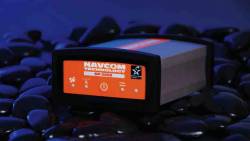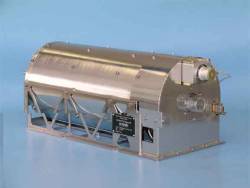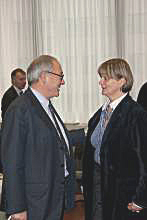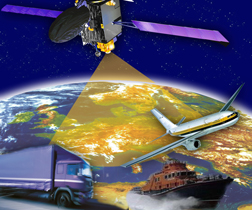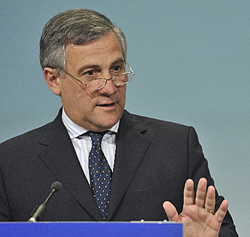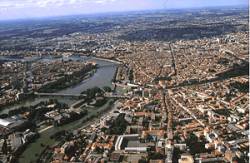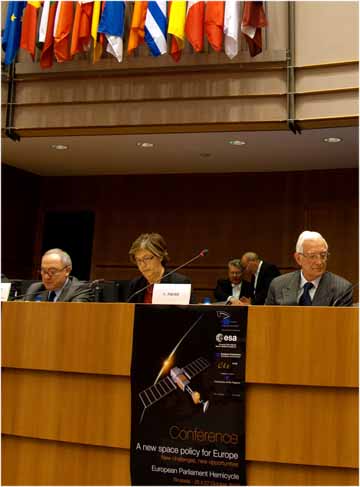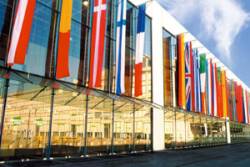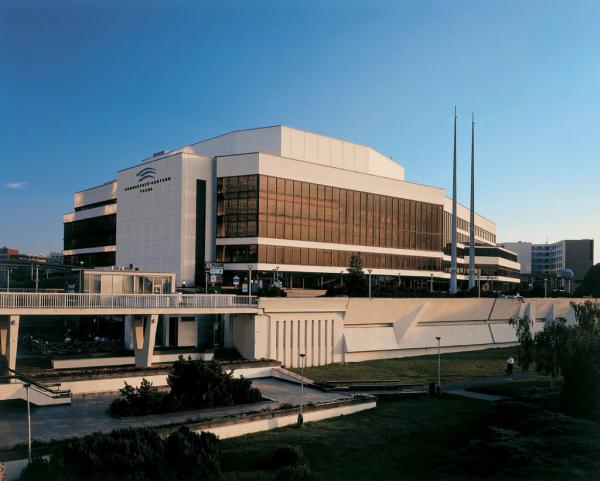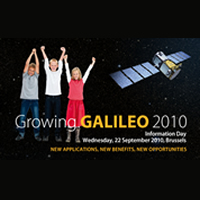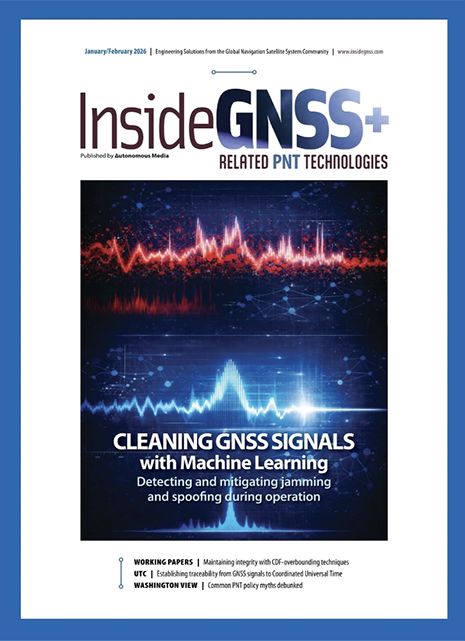GMV Will Launch Fully Hosted Software GPS Receiver at Mobile World Congress
GMV will launch the SRX-10, a software GPS receiver for mass-market applications, at this year’s GSMA Mobile World Congress, scheduled February 14–17 in Barcelona, Spain.
As a fully hosted solution, all SRX-10 receiver functions — even signal acquisition and tracking — can be hosted on a general purpose CPU with only the requirement of adding on a low cost RF front-end, according to the company.
The company cites other benefits offered by its new software receiver, particularly its substantial flexibility and upgradeability.


